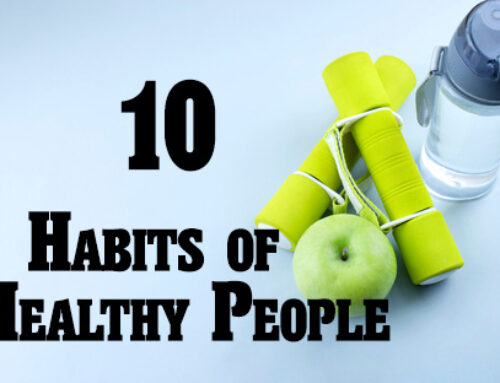The following is an excerpt from Dr. Joseph Mercola’s article, “Fructose: This Addictive Commonly Used Food Feeds Cancer Cells, Triggers Weight Gain, and Promotes Premature Aging.” The link to the full article can be found on our Facebook page at www.facebook.com/coreroanoke.
 Is sugar a sweet old friend that is secretly plotting your demise? There is a vast sea of research suggesting that it is. Science has now shown us, beyond any shadow of a doubt, that sugar in your food, in all its myriad of forms, is taking a devastating toll on your health. The single largest source of calories for Americans comes from sugar—specifically high fructose corn syrup.
Is sugar a sweet old friend that is secretly plotting your demise? There is a vast sea of research suggesting that it is. Science has now shown us, beyond any shadow of a doubt, that sugar in your food, in all its myriad of forms, is taking a devastating toll on your health. The single largest source of calories for Americans comes from sugar—specifically high fructose corn syrup.
Take a look at the sugar consumption trends of the past 300 years:
• In 1700 the average person consumed about 4 pounds of sugar per year.
• In 1800 the average person consumed about 18 pounds of sugar per year.
• In 1900 individual consumption had risen to 90 pounds of sugar per year.
• In 2009 more than 50 percent of all Americans consume one-half pound of sugar PER DAY, translating to a whopping 180 pounds of sugar per year!
Sugar is loaded into your soft drinks, fruit juices, sports drinks, and now most infant formula has the sugar equivalent of one can of Coca-Cola, so babies are being metabolically poisoned from day one of taking formula. No wonder there is an obesity epidemic in this country.
Today, 32 percent of Americans are obese and an additional one-third is overweight. Compare that to 1890, when a survey of white males in their fifties revealed an obesity rate of just 3.4 percent. In 1975 the obesity rate in America had reached 15 percent, and since then it has doubled. In 1893 there were fewer than three cases of diabetes per 100,000 people in the United States. Today, diabetes strikes almost 8,000 out of every 100,000 people.
Sugars 101
It is easy to become confused by the various sugars and sweeteners, so here is a basic overview:
• Dextrose, fructose, and glucose are all monosaccharides, known as simple sugars. The primary difference between them is how your body metabolizes them. Glucose and dextrose are essentially the same sugar. However, food manufacturers usually use the term “dextrose” in their ingredient list.
• The simple sugars can combine to form more complex sugars, like the disaccharide sucrose (table sugar), which is half glucose and half fructose.
• High fructose corn syrup (HFCS) is 55 percent fructose and 45 percent glucose.
• Ethanol (drinking alcohol) is not a sugar, although beer and wine contain residual sugars and starches in addition to alcohol.
• Sugar alcohols like xylitol, glycerol, sorbitol, maltitol, mannitol, and erythritol are neither sugars nor alcohols but are becoming increasingly popular as sweeteners. They are incompletely absorbed from your small intestine, for the most part, so they provide fewer calories than sugar but often cause problems with bloating, diarrhea, and flatulence.
• Sucralose (Splenda) is NOT a sugar, despite its sugar-like name and deceptive marketing slogan, “made from sugar.” It’s a chlorinated artificial sweetener in line with aspartame and saccharin with detrimental health effects to match.
• Agave syrup, falsely advertised as “natural,” is typically HIGHLY processed and is usually 80 percent fructose. The end product does not even remotely resemble the original agave plant.
• Honey is about 53 percent fructose, but is completely natural in its raw form and has many health benefits when used in moderation, including as many antioxidants as spinach.
• Stevia is a highly sweet herb derived from the leaf of the South American stevia plant, which is completely safe (in its natural form).
To learn the differences between all of these sugar options and how they affect your body and health, stay tuned to our blog.
And if you’re looking for more information on how to cook and eat less sugar, follow us on Twitter @coreroanoke, where recipes, meal planning ideas, and more are shared weekly. If you want some ideas for Thanksgiving, ask the front desk at our Downtown Roanoke chiropractic office for a copy of our low-sugar Thanksgiving Day menu.
Dr. Daryl Rich, DC, CSCS






